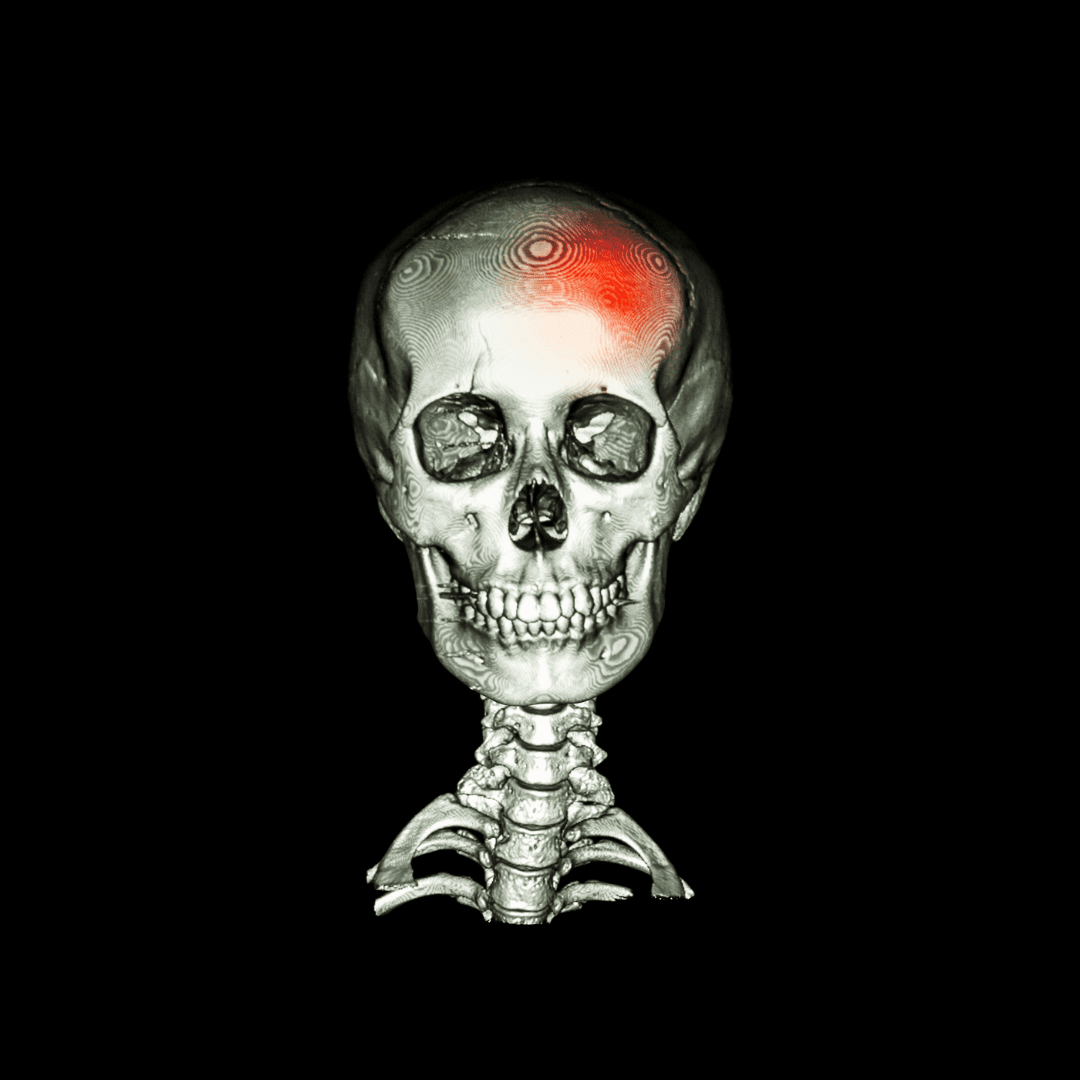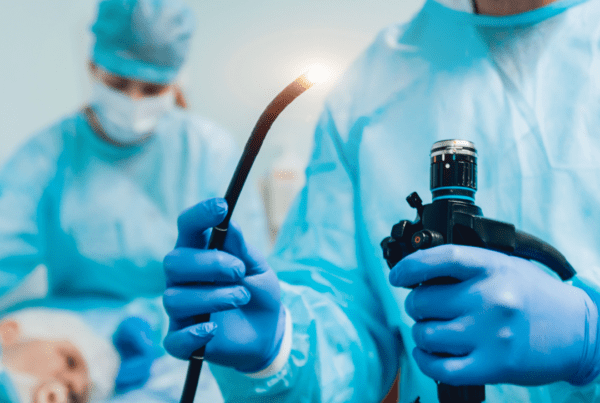Article originally published by NeuroNews
The ATTEST-2 trial has found that tenecteplase was non-inferior to alteplase, the more established of the two thrombolytic agents, in suitable acute ischaemic stroke patients. Preliminary results from the study were presented by principal investigator Keith Muir (University of Glasgow, UK) at the 15th World Stroke Congress (WSC; 10–12 October, Toronto, Canada).
“This result adds to the growing evidence that tenecteplase should be a first-line thrombolytic agent for the treatment of suitable acute ischaemic stroke patients, and has significant advantages over current treatment in its ease of use,” Muir stated.
ATTEST-2—a large, prospective, multicentre randomised controlled trial funded by the British Heart Foundation and UK Stroke Association—sought to compare alteplase and tenecteplase in patients eligible for intravenous thrombolysis (IVT), within current guidelines (<4.5 hours after onset; no upper age limit) and based on non-contrast computed tomography (CT) imaging.
Muir and colleagues conducted the study across 40 UK hospitals, randomising a total of 1,858 acute ischaemic stroke patients to receive either a standard dose of alteplase (0.9mg/kg) as a bolus followed by an infusion, or a bolus dose of tenecteplase (0.25mg/kg).
As per the trial’s primary endpoint, tenecteplase was deemed to have achieved non-inferiority versus alteplase in terms of modified Rankin scale (mRS) score distribution at 90 days. Muir reported a trend favouring tenecteplase over alteplase for all mRS scores except zero, with an adjusted common odds ratio of 1.07 also supporting the more novel drug. However, he added, tenecteplase did not fulfil the prespecified statistical criteria to demonstrate superiority over its more established counterpart.

ATTEST-2 further revealed—as per one of its secondary endpoints—that there was a greater proportion of patients who achieved an excellent functional outcome (mRS 0–1) after receiving tenecteplase, with an absolute difference of 1% versus alteplase. An odds ratio of 1.05 here once again constituted statistically significant non-inferiority but not superiority versus alteplase. In addition, the number of patients achieving a good functional outcome (mRS 0–2) indicated a benefit with tenecteplase over alteplase, with investigators finding an absolute difference of 3.4%. However, they did not undertake non-inferiority testing for this endpoint, and this was not identified as a statistically superior discrepancy.
The ATTEST-2 researchers found that the rate of early neurological recovery, as per the National Institutes of Health stroke scale (NIHSS), and overall safety did not differ significantly between the two groups. Muir reported a small reduction in mortality rates with tenecteplase, but stated that there were marginally increased intracranial and extracranial haemorrhage rates in this group as well.
At WSC 2023, Muir noted that this and several other IVT studies have now hinted at an improved level of efficacy with tenecteplase, but also said these findings should be considered with caution, having been derived from trials with various key differences between them. A more thorough and properly adjusted meta-analysis of patient data from multiple studies comparing tenecteplase and alteplase in acute ischaemic stroke is currently on the horizon, he added.
Earlier this year, findings from the North American TIMELESS study provided encouragement on tenecteplase’s safety but failed to demonstrate substantial efficacy versus a placebo. However, TIMELESS involved a distinct patient population in a significantly later time window compared to ATTEST-2.
Over the past few years, other trials have seen similarly mixed results. AcT (Canada) and TRACE II (China) aimed for non-inferiority, and were able to achieve this. NOR-TEST (Norway) tested a notably higher dose of tenecteplase and failed to demonstrate superiority compared to alteplase. EXTEND-IA TNK (Australia and New Zealand) indicated superior outcomes regarding its primary endpoint of early recanalisation but no significant differences in terms of clinical endpoints. In addition, results from the global TWIST trial—also published in 2023—showed a trend towards benefit with tenecteplase in wake-up stroke patients but was stopped prematurely due to an underpowered analysis, while more granular research from EXTEND-IA TNK Part 2 and NOR-TEST 2 has suggested a higher dosage of the drug (0.4mg/kg) carries no benefits and may even be harmful.





